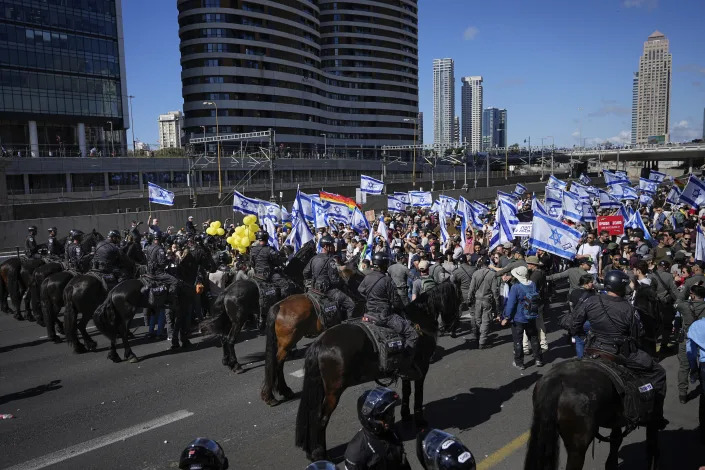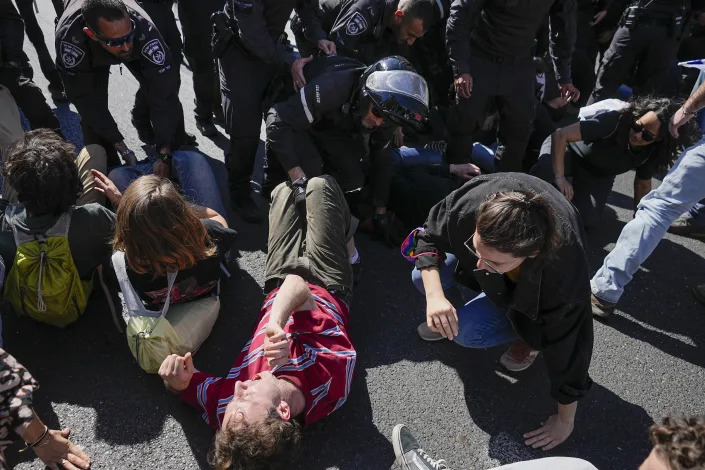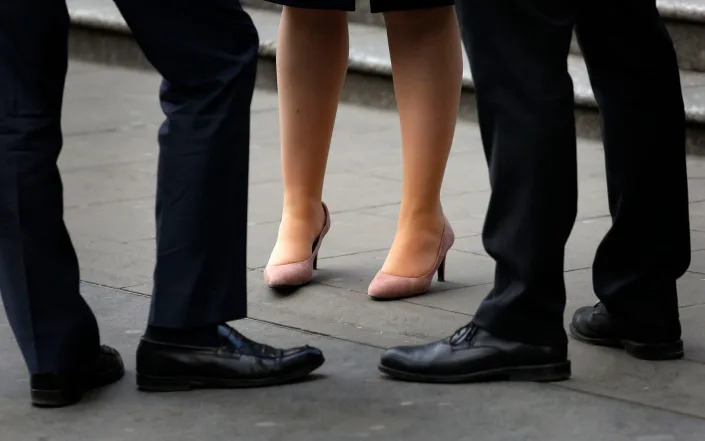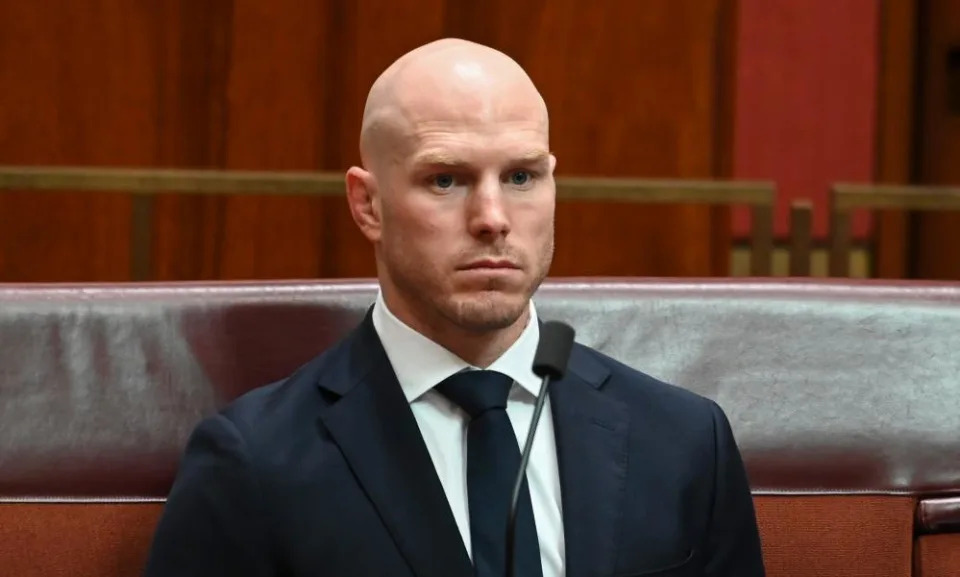Rosie Frost
Wed, 8 March 2023

Across Germany, cities are striking deals with climate activists to stop roads from being blocked by protests.
In Hannover, Mayor Belit Onay, announced last week that he supports some of environmental protest group Last Generation’s demands. Not long after, the cities of Tübingen and Marburg followed suit.
The group is well known in Germany for its members glueing themselves to roads to highlight the need for tougher action against climate change.
“Last Generation has been, for almost a year now, putting up actions of civil disobedience in Germany, mostly in Berlin,” says Theo Schnarr, a member of the group.
“But in the last months, we also spread it to a lot of other towns and cities in the whole of Germany.”
Lufthansa: UK bans German airline’s ‘green’ adverts for misleading consumers
Coal mining is to blame for Oder River mass die-off, Greenpeace Poland warns
What has been agreed to and how has the public reacted?
Many people disagree with Last Generation’s method of protest but Schnarr says it creates a kind of “creative tension”. He adds that since they began this programme of civil disobedience, they have always been open to negotiation.
Last Generation’s demands differ when it comes to local mayors versus Germany’s government which can actually change laws and legislations.
Mayor Belit Onay wrote a letter to senior German lawmakers, which was posted on his Instagram account, saying he supports a call for speed limits on highways and a nationwide €9 public transport ticket.
He didn’t agree that citizen’s assemblies - one of Last Generation’s main demands - should have the power to legislate on climate action. Onay did say, however, that these bodies should be created to advise politicians.

Activists of the "Last Generation" stick themselves on a street during snowfall in Dresden, Germany. - Daniel Schaefer/dpa via AP, File
The Mayor of Hannover received criticism for his choice, with some saying the agreement was essentially blackmail.
“Some people say ‘Okay, did this mayor get blackmailed? Did he do more than he should do as a mayor?’,” says Schnarr.
“Others say, ‘Yeah, well, every mayor can just write a letter now and then the Last Generation will stop blocking their streets.’”
But Schnarr believes it was a “brave” letter to write, one that represents the collective action needed to tackle climate change.
“We are in contact with a lot of mayors already about this now. I think we can reach some kind of social tipping point here.”
Why are mayors making agreements with climate activists?
The latest mayor to reach an agreement with the climate activists is Marburg’s Dr Thomas Spies from the Social Democrat Party (SPD).
“So in Marburg, there were a number of Last Generation ‘glueing campaigns’, almost daily in the week before last,” he tells Euronews Green.
“We called them, invited them to talk about what they actually want and whether we can find ways so that the citizens of the university town of Marburg and our buses can drive properly again.”
Spies says Last Generation wanted them to ask the Federal Government and the German Bundestag for three things: a citizens' council, speed limits and the return of the nationwide €9 public transport ticket.
Marburg would already like to be able to set its own speed limits - something municipalities in Germany can’t do.
“You can't do that - glue yourself to the road. But if I get upset about it, I won't get an inch further. If I speak to people and find a solution, one that meets the interests of the city in every way, that seems to me a sensible way to go,” says Spies.
So after seeing the letter from Hannover and realising their climate goals were already closely aligned with the protest group, the mayor made an agreement with Last Generation.
“The decision was easy to make,” Spies concludes.
“Do you look for an escalation that brings nothing but a lot of trouble? Or do you first try to talk to each other and see what it's all about?”



























